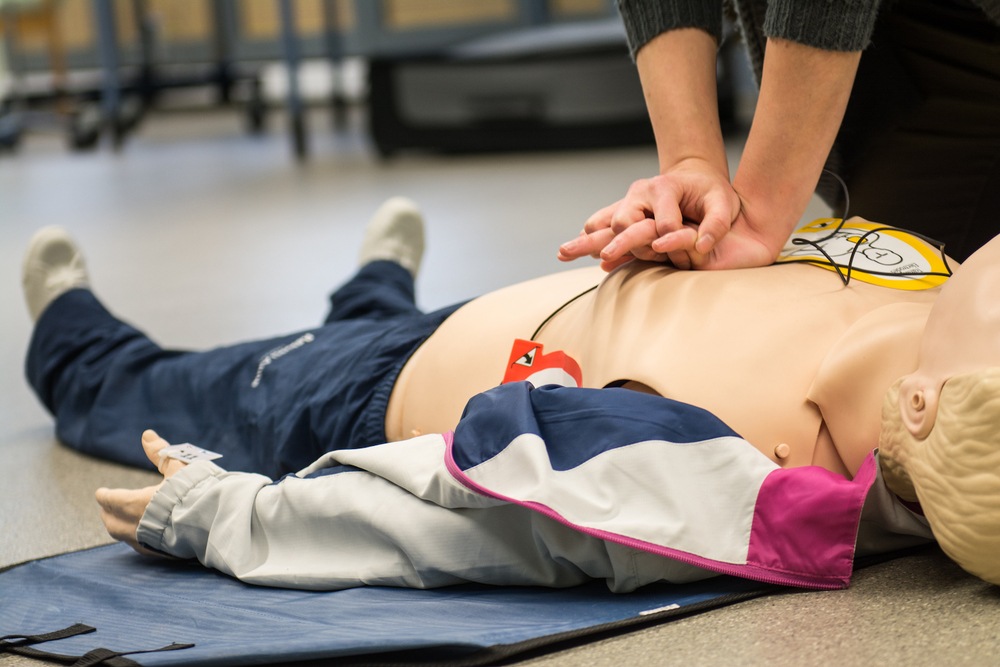
What is the difference between BLS and CPR?
You may have noticed that the two terms Basic Life Support (BLS) and Cardiopulmonary Resuscitation (CPR) are used interchangeably in the medical field. But is there a difference between the two? Absolutely!
Even though the two are closely related and have several similarities, there are prominent differences that can be used to distinguish between them. We’re here to help you understand better with the help of this article.
What does Basic Life Support (BLS) training cover
BLS is the course that is an umbrella under which CPR can be categorized. In this course, the students learn the following:
- How to use an Automatic External Defibrillator
- How to use bag-mask apparatus to aid ventilation
- How to carry out complete rescue breathing techniques
- Clearing a patient’s airway blocked due to choking
- Work as a comprehensive team to provide immediate assistance
What Does Cardiopulmonary Resuscitation (CPR) certification course cover
At times, CPR courses consist of topics that BLS training does not touch, such as:
- First aid treatment
- Basic use of AED
- Blood Pathogens
BLS Vs CPR Clarified
To put it simply, BLS covers a lot more ground than CPR certification classes.
Another notable difference is that BLS is more successful when performed in a team, within the confines of a hospital since there is advanced medical equipment with the latest technology available to use. If an infant from the maternity ward stops breathing or chokes, a BLS is a must since the process of revival would require technical and sterile medical tools.
CPR, however, can be performed by an individual. For example, if you saw a person seizing at a park, the first step you’d think of is calling 911 and then performing a CPR if they collapse. At such times, only your presence of mind, knowledge of resuscitation and bare hands come into use to revive the individual.
Certification prerequisites needed in the healthcare field
If you’re planning to apply for a job in the medical field, you’re required to have a BLS training certification. It is considered an advanced form of CPR training and certification and is mandatory in most of the private or public medical institutions for courses like:
- Board-certified doctors
- EMTs
- Lifeguards
- Nurses
- Pharmacists
Example of BLS
At the hospital, BLS covers a standard procedure to perform life-saving techniques based on the person needing the aid. The procedures are different in infants, children, adolescents and adults.
Example Of CPR
A CPR course teaches people how to perform chest compressions when someone is going under a cardiac arrest at any given place. The chest compressions in a systematic rhythm are used to pace the heart’s normal rhythm to pump blood through all the vital organs non-stop until the EMT arrives and uses a defibrillator to revive the heart.
Conclusion
BLS is an advanced hybrid of the CPR technique that involves the use of hospital equipment. CPR is, however, performed according to the guidelines of the American Heart Association.


